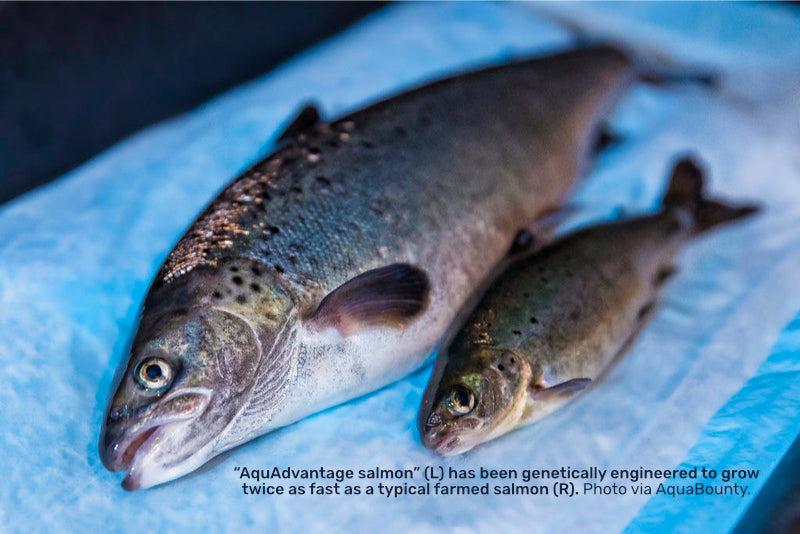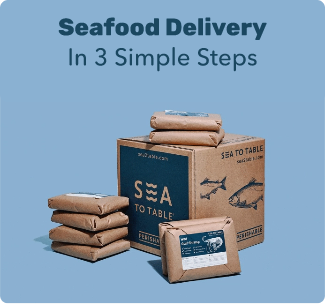
First GMO Animal Hits the Supermarket Shelves
After years of regulatory hurdles, genetically modified (GMO) salmon are about to hit the shelves. But you may not know you are buying or eating it.
AquAdvantage Salmon is the first genetically modified animal that the FDA has cleared for human consumption. They're the result of introducing genes from the Pacific Chinook salmon and the Ocean Pout into farmed Atlantic Salmon. This causes the “salmon” to grow twice as fast as a typical farmed salmon, maximizing corporate profits.
GMO Salmon Has All the Drawbacks of Farmed Salmon, and Then Some

Like other GMOs, these fish are experimental. GMO salmon has all the drawbacks of farmed salmon (which are commonly fed GMO foods as well as artificial colorants). And there are some that are even worse. Despite the efforts made to contain them, there is still a possibility that this unnatural fish could make it into the oceans. To prevent this, GMO salmon eggs are manufactured to be sterile and female (but we’ve all seen Jurassic Park). Farms are required to be inland. But even one GMO salmon released into the ocean could have devastating impacts to the wild population.
So how can you tell if your salmon is a GMO hybrid? Although these salmon are required to be labeled “bioengineered”, that label could simply be an 800 number to call or a QR code to be scanned. Not many grocery store shoppers will take the time to do that. Even worse, when you are eating fish at a restaurant, labeling is not required, so you cannot be sure what you are getting.
No Gentically Modified Salmon Here

The only foolproof way to avoid these salmon (and other farmed varieties) is to eat only wild, sustainable salmon from US waters. If you are not sure of its origins, be sure to ask “where does this fish come from?” “Is it wild or farmed?” “Is this a bioengineered salmon?”. Just the process of asking lets your grocer or chef know that you care, and that influences their selection. Already, popular grocery stores like Costco, Trader Joe’s, and HyVee have refused to carry this fish.
Sea to Table has never carried farmed or imported fish, and we never will. You can be sure that all of our seafood offerings are 100% wild, sustainable, traceable and safe. If you have any questions about the origins of our fish, it’s right on every packet… sometimes even right down to the vessel that caught it. No Frankenfish here.
To learn more about our single-vessel source for Wild Alaska King Salmon, read this this post.

← Older post Newer post →

